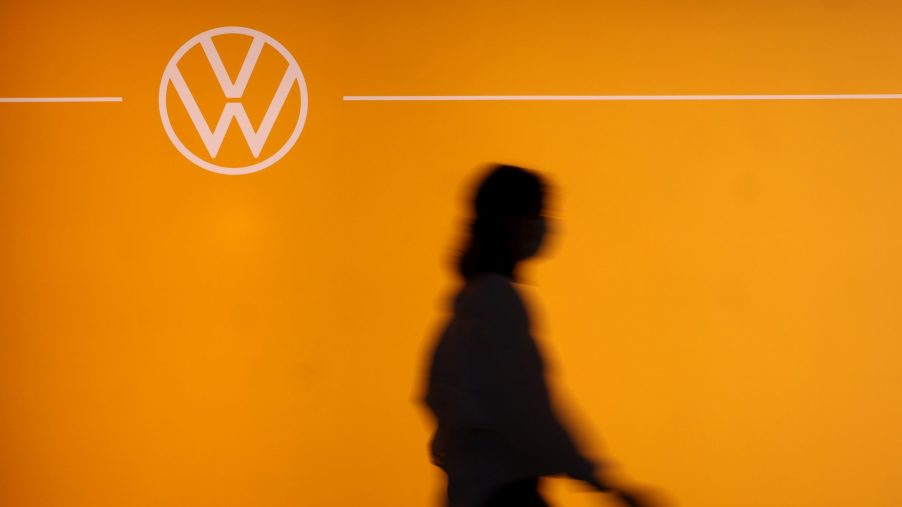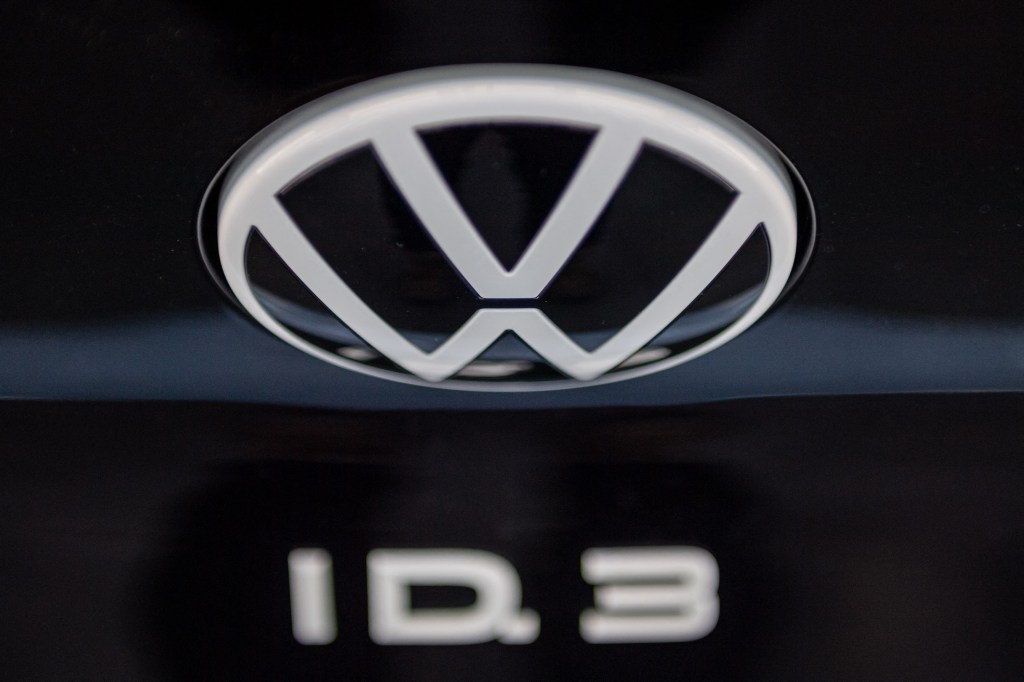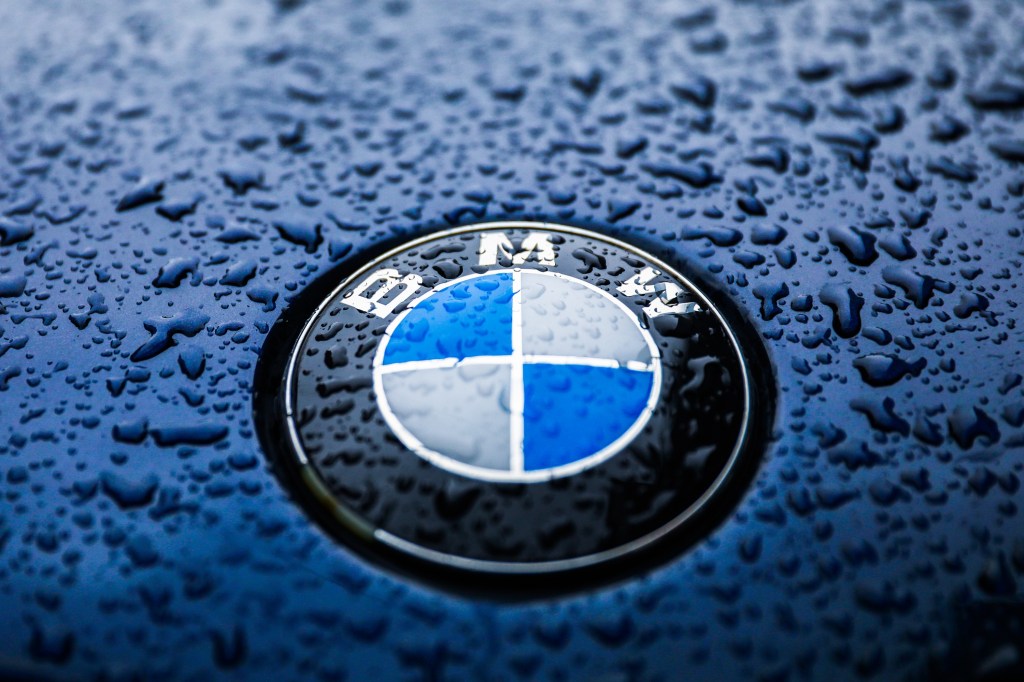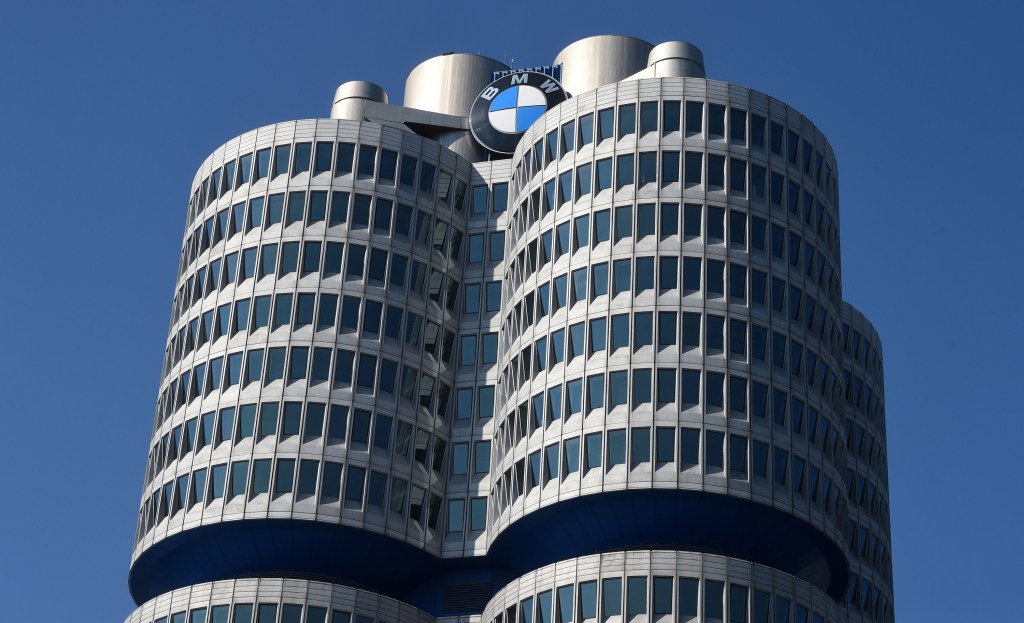
Dieselgate 2: Volkswagen and BMW Fined in Another Emissions Scandal
Dieselgate was a watershed moment in environmental law. It was also a very, very public case. Now, both Volkswagen and BMW have been accused of more emissions tampering, but more on that later. Now, it’s important to understand what Deiselgate was, why it was a big deal, and how it affected both manufacturers and the legal climate surrounding them.
What was Dieselgate?

The Volkswagen emissions scandal most call “Dieselgate” dates back to September of 2015. Then, the Environmental Protection Agency (EPA) issued a notice to Volkswagen for violation of the Clean Air Act. However, the notice wasn’t given strictly to VW, it was given to the entire Volkswagen Group, including Audi and Porsche. Now, VW makes an engine called the “Turbocharged Direct Injection” motor (or something more German-sounding). This TDI motor was the subject of the notice.
The EPA alleged, and later found, that the Volkswagen Group had been intentionally reprogramming these TDI motors during emissions testing. I’m sure you can see where this is going. Basically, Dieselgate occurred because VW was falsifying emissions during testing, then reprogramming the cars when they went out for sale. At the end of it all, the group was given a very, very hefty fine and we all got quite the Netflix special out of the whole ordeal.
Both VW and BMW are in hot water

Now, Volkswagen is in hot water for emissions again. This time, the group was fined along with BMW and Daimler. According to Reuters, the European Commission, responsible for enforcing the EU’s laws, has fined both VW and BMW an incomprehensible one billion U.S. dollars. At the end of Dieselgate, Volkswagen Group paid out a massive $9.5 billion. So, that’s not as bad, but still more money than most people will ever earn in their lifetimes. It’s important to note that both VW and BMW paid the combined billion-dollar fine.
So, what happened? Well, at a conference European Union antitrust chief Margrethe Vestager stated that VW, BMW and Mercedes parent company Daimler possessed the technology to reduce emissions to less than required by law and failed to do so, hence the fine. Note that Daimler was not fined for revealing to the EU what everyone was doing. Importantly, this sets what is called “precedent”.
How can we prevent this from happening?

Ideally, precedent is what keeps this from happening again. It’s a legal term that means that a principle or rule has been established in a previous case, like this one. In the future, lawmakers may refer to this ruling to enforce punishment in similar situations. This is a case of morality v.s. legal principle. The companies were fined for not doing more to reduce emissions when they had the ability to. They were, as far as we know, perfectly compliant with the law. These kinds of rulings by the EU are hopefully going to incentivize companies to do more to fight climate change. For now, rulings like these are only going to help in mankind’s fight against its own carbon footprint.


